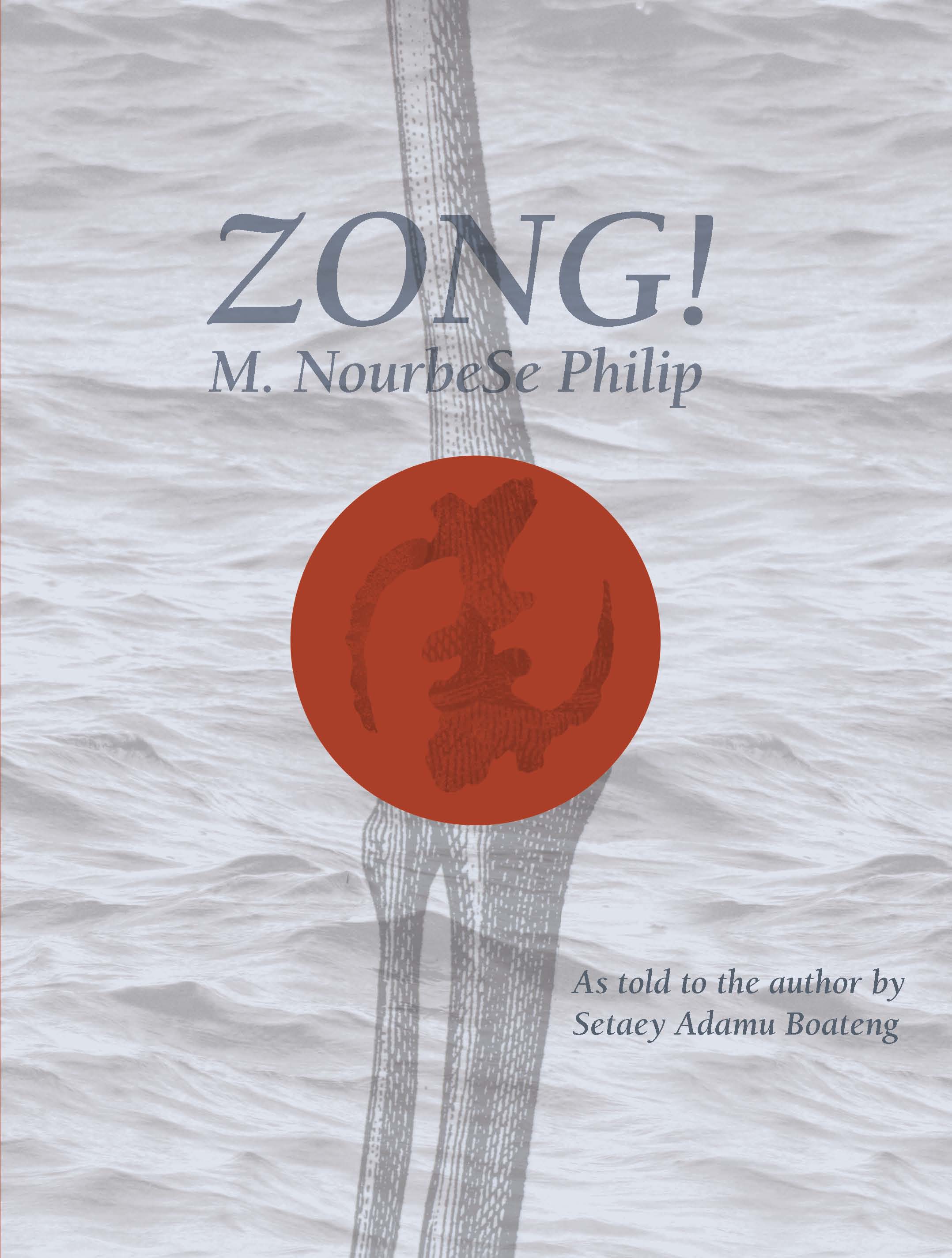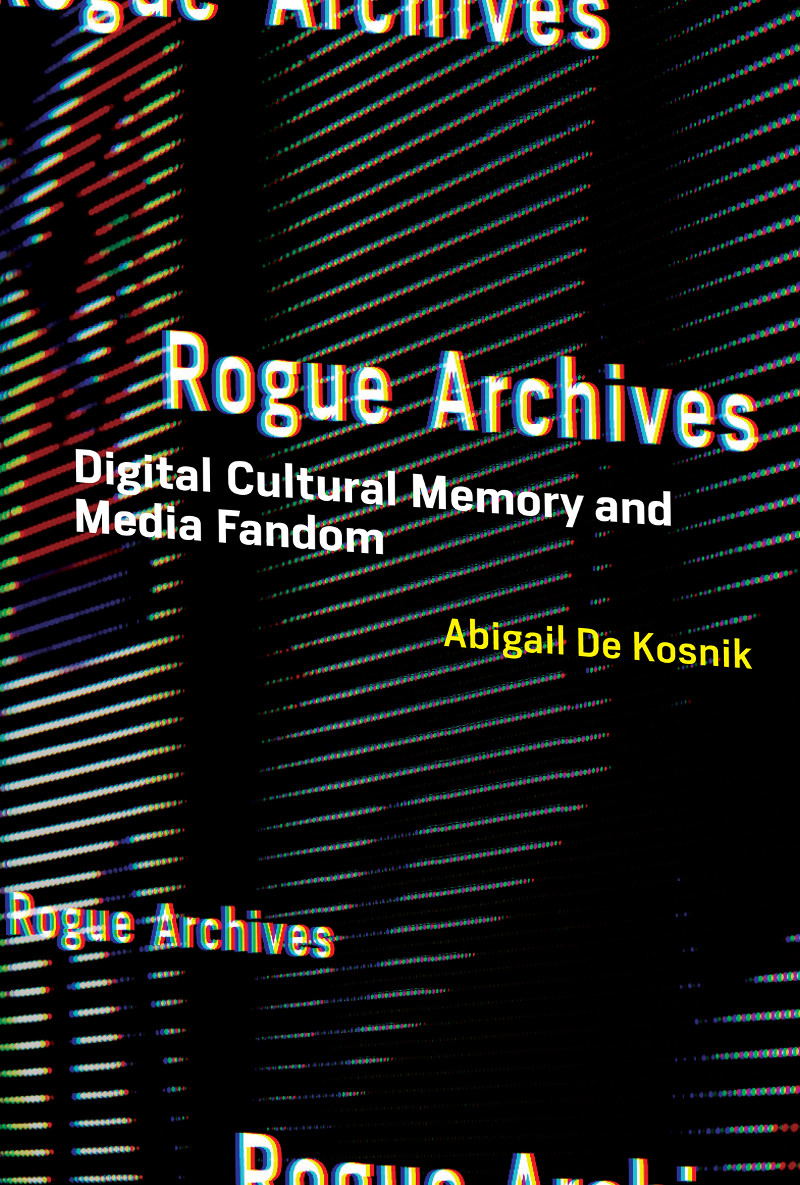M. NourbeSe Philip: Zong! (2008)
Filed under fiction | Tags: · archive, law, memory, poetry, slavery

“A haunting lifeline between archive and memory, law and poetry
In November, 1781, the captain of the slave ship Zong ordered that some 150 Africans be murdered by drowning so that the ship’s owners could collect insurance monies. Relying entirely on the words of the legal decision Gregson v. Gilbert—the only extant public document related to the massacre of these African slaves—Zong! tells the story that cannot be told yet must be told. Equal parts song, moan, shout, oath, ululation, curse, and chant, Zong! excavates the legal text. Memory, history, and law collide and metamorphose into the poetics of the fragment. Through the innovative use of fugal and counterpointed repetition, Zong! becomes an anti-narrative lament that stretches the boundaries of the poetic form, haunting the spaces of forgetting and mourning the forgotten.”
Publisher Wesleyan University Press, Middletown, CT, and Mercury Press, Toronto, 2008
Wesleyan Poetry series
ISBN 9780819568762, 0819568767
xii+211 pages
Reviews: Tyrone Williams (African Am Rev, 2009), Helen Klonaris (sx salon, 2011).
Commentary: Fred Wah (Jacket2, 2013), Janet Neigh, Phanuel Antwi and Veronica Austen, M. NourbeSe Philip, Evie Shockley, Mecca Jamilah Sullivan (Jacket2, 2013), Jenny Sharpe (Interventions, 2014).
Interview: Paul Watkins (Toronto Rev Books, 2014).
Companion website
Author
Publisher
WorldCat
PDF
Philip reading from Zong! (audio, 2007-2016)
Abigail De Kosnik: Rogue Archives: Digital Cultural Memory and Media Fandom (2016)
Filed under book | Tags: · archive, archiving, cultural memory, digital media, diy, fan culture, fiction, internet, preservation

“The task of archiving was once entrusted only to museums, libraries, and other institutions that acted as repositories of culture in material form. But with the rise of digital networked media, a multitude of self-designated archivists—fans, pirates, hackers—have become practitioners of cultural preservation on the Internet. These nonprofessional archivists have democratized cultural memory, building freely accessible online archives of whatever content they consider suitable for digital preservation. In Rogue Archives, Abigail De Kosnik examines the practice of archiving in the transition from print to digital media, looking in particular at Internet fan fiction archives.
De Kosnik explains that media users today regard all of mass culture as an archive, from which they can redeploy content for their own creations. Hence, “remix culture” and fan fiction are core genres of digital cultural production. De Kosnik explores, among other things, the anticanonical archiving styles of Internet preservationists; the volunteer labor of online archiving; how fan archives serve women and queer users as cultural resources; archivists’ efforts to attract racially and sexually diverse content; and how digital archives adhere to the logics of performance more than the logics of print. She also considers the similarities and differences among free culture, free software, and fan communities, and uses digital humanities tools to quantify and visualize the size, user base, and rate of growth of several online fan archives.”
Publisher MIT Press, 2016
ISBN 9780262034661, 0262034662
x+430 pages
Reviews: Jan Baetens (Leonardo, 2017), Amanda Gilroy (PopMatters, 2017), Ludi Price (2016), Silvia Bertolotti (DigiCult, 2016).
Interview with author: Henry Jenkins (2016), Christina Yang (TDR, 2019).
HTML (added on 2020-3-13)
PDF (10 MB, updated on 2020-3-12)
Academia.edu (added on 2020-3-13)
Writing and Unwriting (Media) Art History: Erkki Kurenniemi in 2048 (2015)
Filed under book | Tags: · archive, art, media art, memory, music, technology

“Over the past forty years, Finnish artist and technology pioneer Erkki Kurenniemi (1941-2017) was a composer of electronic music, experimental filmmaker, computer animator, roboticist, inventor, and futurologist. Kurenniemi was a hybrid—a scientist-humanist-artist. Relatively unknown outside Nordic countries until his 2012 Documenta 13 exhibition, ”In 2048,” Kurenniemi may at last be achieving international recognition. This book offers an excavation, a critical mapping, and an elaboration of Kurenniemi’s multiplicities.
The contributors describe Kurenniemi’s enthusiastic, and rather obsessive, recording of everyday life and how this archiving was part of his process; his exploratory artistic practice, with productive failure an inherent part of his method; his relationship to scientific and technological developments in media culture; and his work in electronic and digital music, including his development of automated composition systems and his “video-organ,” DIMI-O. A “Visual Archive,” a section of interviews with the artist, and a selection of his original writings (translated and published for the first time) further document Kurenniemi’s achievements. But the book is not just about one artist in his time; it is about emerging media arts, interfaces, and archival fever in creative practices, read through the lens of Kurenniemi.”
Edited by Joasia Krysa and Jussi Parikka
Foreword by Erkki Huhtamo
Publisher MIT Press, 2015
ISBN 9780262029582, 0262029588
xxviii+340 pages
Reviews: Amanda Egbe (Leonardo, 2016), Alessandro Ludovico (Neural, 2016).
PDF (5 MB)
Comment (0)
